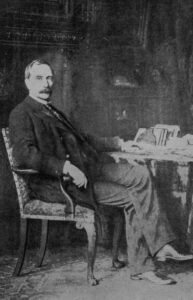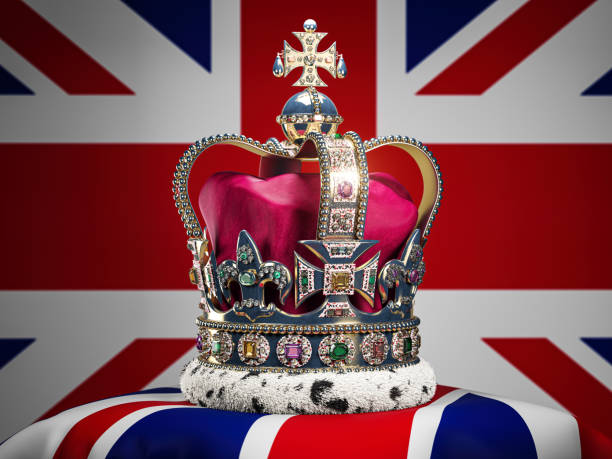The death of the Queen: A new era for the British monarchy
After 70 years of reign, Queen Elizabeth II leaves behind a country in mourning. Indeed, the British are mourning the woman who was the symbol of their nation; a remarkable woman who knew how to counterbalance political unrest by using her popularity. She ensured a certain stability and unity in the monarchy, guaranteeing its longevity.
From now on, it is her son, Prince Charles, who will take her place. Although he is ready to reign, the British have a special attachment to their Queen. That is why, for five days, more than 250,000 people gathered at her coffin to pay tribute to her. The popularity of King Charles III is much lower, as only 42% of British people are in favor of his reign, compared to 81% for the Queen, according to a YouGov poll. So, he faces a great challenge. He needs to gain popularity among his people to not compromise the monarchy and to guarantee its permanence. Especially since the crown is already weakened by the various scandals that have taken place within the royal family.
Scandals in the royal family… a step towards the Republic ?
The scandals surrounding the British royal family continue to affect the monarchy. Especially since the British press, reputedly very influential and sometimes flouting the protocol, does not hesitate to stir up public opinion with its racy headlines.
After the hidden biography of Lady Di and the transcription of a private conversation between Prince Charles and Camilla Parker Bowles, it is now the turn of Prince Andrew, the son of Elizabeth II, to make the headlines in the British tabloids. Accused of sexual assault in 2019, he found himself at the heart of the Epstein case. He then decided to withdraw from all public commitments and live away from the media. In 2021, accusations of racism against the royal family made by Meghan Markle and Prince Harry in an interview with Oprah Winfrey have also set the web “on fire”.
In a context of social movements such as black live matter or #MeToo, the recent controversies around the royal family have resurfaced the debate on the maintenance of the monarchy. In fact, some young English people no longer wish to support the royal family at the heart of explosive polemics. Moreover, according to the British Future think tank, 37% of them would like a transition to a republic. This is still a minority. Nevertheless, the new generations are increasingly assimilating the monarchy with colonization and slavery because it has its origins in the former British colonial empire. A painful history that remains engraved in the minds of the English and which leads to a desire for change.
A desire for change also felt in the Commonwealth countries ?
The Commonwealth is an organization created in 1949 by the Declaration of London. It has 56 members, and the majority are former colonies of the British Empire. Today, only 15 of them recognize the British crown as head of state. These include Canada, New Zealand and Australia. With the death of the Queen, new debates around the republic opened. Certainly, the fact that the figure of the Queen is no longer present could accelerate the transition to a republic, since Charles III is now the head of the Commonwealth, as decided by the member countries at the London summit in 2018.
Member states divided between monarchy and republic…
Australia, a territory colonized by Britain in 1788, is constantly divided between monarchy and republic. However, the government does not seem to be rushing towards a republic. Yet, last May, Matt Thistle Thwaite was appointed Assistant Minister for the Republic by Prime Minister Anthony Albanese. Similarly, Green Senator Lidia Thorpe called the Queen a colonizer in the Australian Parliament. These are symbolic action, not coincidental, and could lead to the end of the monarchy. An end that is also possible in New Zealand since the Prime Minister, Jacinda Ardern, is a Republican.
Likewise, Jamaica is close to the transition to a republican rule, particularly because of the UK’s slave-owning past on the island. Prince William’s visit in March 2022 reopened the debate on the UK’s colonial legacy. Will Jamaica follow the example of Barbados, which became a republic in 2021?
The question has not yet arisen on the Canadian side, but in the UK the debate on the monarchy remains a contentious issue between unionists and republicans. While in Northern Ireland, the republican Sinn Fein party has a majority in the regional institutions, the Northern Irish seem to be attached to their monarchy. For the Scots, their desire for independence is increasingly strong, especially since Brexit, because 62% of them wanted the UK to remain in the European Union. Will we be talking about a « scexit » very soon?










